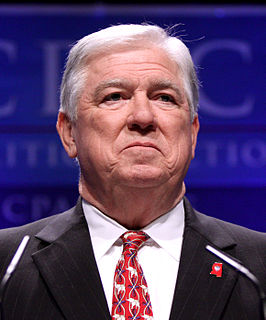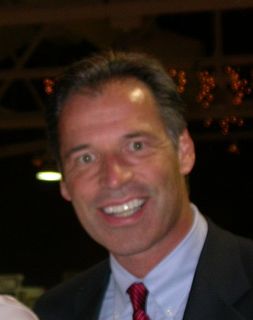A Quote by Ted Wheeler
Opponents have claimed that regulating carbon will hurt the economy and businesses. The economies of California and British Columbia prove otherwise.
Related Quotes
To put it in context, the federal government was, at the beginning [of the Vancouver meeting], talking about a $15-per-tonne floor for carbon emissions. We're at $30 a tonne, so we're already double that. But our economy is growing at a faster rate - three per cent of GDP is our projected growth in British Columbia.
Most Americans are more concerned about the economy and job creation. And they can't understand why the Obama administration or the Democrat majority in Congress wants to pass a bill like the cap-and-trade tax that will cost us jobs, that will hurt our economy, that will drive up costs for families, as well as for small businesses.
I was born in a little town called Lund in British Columbia. It's like a fishing village. My parents were hippies. They tried to live off the land, so I grew up in a log cabin, and we didn't get running water until I was 4. The next year, we got electricity. Then we moved to the city, Victoria, British Columbia, so I could go to school.
Say did you read in the papers about a bunch of Women up in British Columbia as a protest against high taxes, sit out in the open naked, and they wouldent put their clothes on? The authorities finally turned a Sprayer that you use on trees, on 'em. That may lead into quite a thing. Woman comes into the tax office nude, saying I won't pay. Well they can't search her and get anything. It sounds great. How far is it to British Columbia?
The sooner we switch away from carbon-based fuel and start relying on renewable energy sources available in the United States, the sooner we will grow our economy by creating the millions of new jobs that will come from retrofitting homes and businesses, building smart grids, renewable energy systems and planting trees and all the rest. We need to create a lot of jobs that can't be outsourced.
It's not a matter of if economies around the world becoming low-carbon, but when and how: through struggle and strife or through advancement and progressive leadership. Larry Elliot described it today as the 'Green New Deal.' It's a leadership we in Britain can provide, and from which our economy can benefit.

































